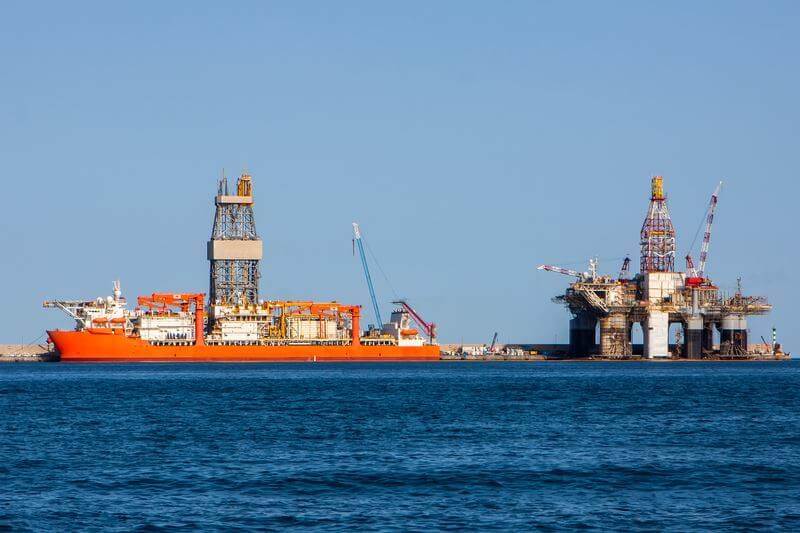Most coatings and paint products contain VOCs or volatile organic compounds. Excessive levels of these compounds can be toxic and harmful to the environment (e.g., they can increase emission levels and contribute to ozone layer depletion). This is why governments worldwide strictly regulate VOC levels in various commodities — including marine insulation coatings.
Thankfully, manufacturers of insulation solutions have responded to rising environmental concerns and have engineered products with low VOC. Here are the benefits of using them.
They are friendlier to the environment. VOCs can be found in marine insulation coatings and colorants. But if you’re using products with low VOC levels, you can rest assured that these products leave an insignificant environmental footprint. You can use them to insulate and protect your water vessel without guilt.
They are less hazardous to people. Materials with high VOC content can pose serious health risks. It’s not just harmful to the environment but also to the people who will be exposed to the toxic substances that they may emit. As part of the maritime industry, you may also affect the marine life living in the environments where your vessels travel or where your offshore platforms are located.
They prevent corrosion more responsibly. Whether a marine insulating product has no, low, or high VOC content, they all function to act as a thermal barrier and a protective layer against corrosion. However, products on the low-VOC side can help you achieve these benefits without violating safety and environmental regulations.
The Different Applications Of Low COV Marine Insulation Coatings
In the maritime industry, durable and eco-friendly insulation solutions are essential to keeping vessels and offshore infrastructure — and their surrounding environment — safe and protected. Here are their various useful applications.
Workboats. These water vessels are exposed to corrosion-inducing environments. To prolong their service life, marine-grade coatings must be applied to their surfaces to minimize condensation and prevent moisture accumulation. Besides corrosion protection, coatings specially designed for workboats can also keep floors slip-proofing, enhancing the safety of your personnel and other passengers.
Yachts. Unlike workboats, yachts are associated with luxury. Therefore, comfort and convenience should ever be present in these water vessels. Yacht builders apply low- VOC coatings to provide a thermal barrier that can help maintain ideal interior temperature. They also help dampen noise and vibration coming from engine rooms and other mechanical components. Because they also have anti-condensation properties, they help you maximize the usability of your yachts.
Ferries. Like yachts, ferries are also used to let passengers cruise the waters. They also need proper protection against moisture and corrosion that can also double as a soundproofing material that increases overall interior comfort. Marine coatings can also increase the safety and productivity of your crew.
Offshore platforms. With adequate and durable marine insulation, infrastructure built in harsh marine environments can be protected against fluctuating temperatures and corrosive elements. If your platform is located in an area where storms can be too strong, these coating solutions can help you prevent these natural phenomena from damaging your assets. Additionally, these coatings are lightweight. You won’t need to be anxious if applying them to your surfaces can compromise your platform’s safety and load capacity.
Choosing The Best Marine Insulation: 3 Benefits Of Low VOC Coatings

